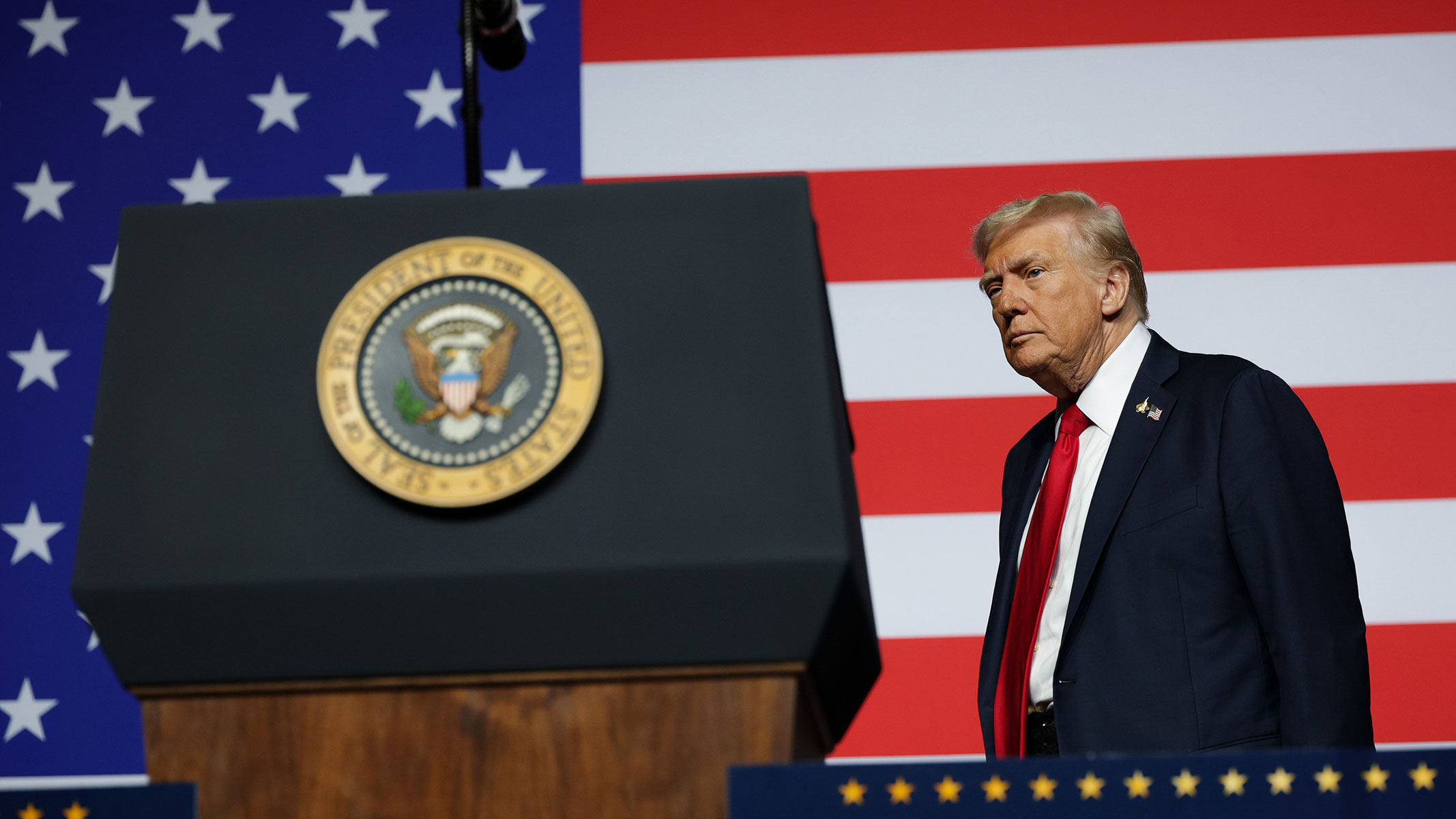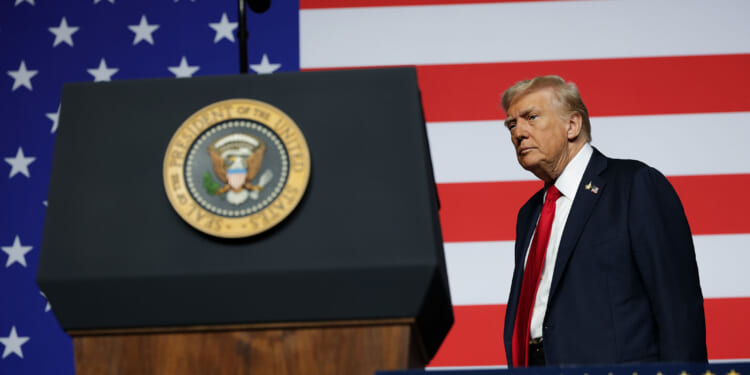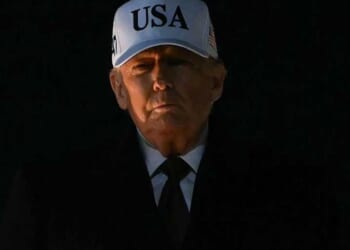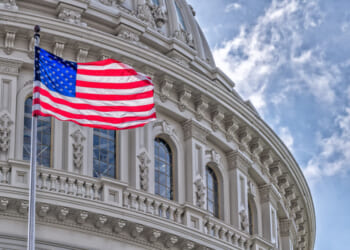
In recent months, President Trump has issued a series of executive orders imposing tariffs on dozens of countries. He claims the tariffs are necessary to combat illegal drug trafficking, address trade imbalances, and assist Ukraine’s defense against Russia. Each of these justifications was declared a “national emergency,” allowing him to rely on the International Emergency Economic Powers Act of 1977 (IEEPA), which gives presidents broad authority to block transactions between Americans and foreigners.
This marks the first time a president has used IEEPA to impose tariffs. The ensuing legal wrangling over Trump’s approach, two cases of which have reached the Supreme Court, will test the justices’ conflicting approaches to executive power. The Court should continue paring back the executive authority that has expanded over decades and side with importers who argue that Trump has usurped Congress’s exclusive power over tariffs.
Finally, a reason to check your email.
Sign up for our free newsletter today.
For the past two decades, presidents of both parties have leaned heavily on executive orders and agency heads to achieve their agendas when Congress is uncooperative. President Obama famously embraced this approach—“I’ve got a pen, and I’ve got a phone”—and Trump has issued executive orders at a pace not seen since the Roosevelt and Truman administrations. The Trump tariff cases directly confront the Court with two doctrinal trends. The first is a decades-long tradition of judicial deference to presidents, especially in foreign affairs and emergencies. Franklin Roosevelt’s Depression-era “emergency government” set the precedent, and since then Congress and the courts have rarely reined in presidential power. This is the precedent that the administration is relying on.
The Roberts Court has initiated a newer, more welcome trend, however: skepticism of executive power. In recent years it has dismantled Chevron deference to agencies and embraced the “major questions” doctrine, which requires Congress to speak clearly before the executive may act on major issues.
Using those principles, the Court rejected several unilateral actions of presidents to stretch the meaning of ambiguous statutes, including attempts to forgive $400 billion of student loans, regulate power plant emissions, and mandate Covid-19 vaccines for millions of Americans. This is the trend that the tariff challengers often cite, and it formed the basis of a federal appellate court’s opinion for why the tariffs were unlawful—the most recent action in an ongoing battle over the tariffs’ legality.
Litigation began when several U.S. businesses—including VOS Selections, a family-owned wine and spirits company—sued this spring, arguing that the tariffs exceed presidential authority. The core dispute is whether the statute’s phrase “regulate . . . importation” can be stretched to authorize the president to raise and lower tariff rates.
In a 7–4 ruling in September, the Court of Appeals for the Federal Circuit agreed with a lower court that the tariffs were unlawful. The court first pointed to the original understanding of the Constitution, which vests Congress alone with tariff powers. The court cited expressly the major-questions doctrine and rejected the administration’s argument that Congress quietly transferred most of its tariff powers to the president when it authorized him to “regulate importation” during emergencies.
But the majority opinion was splintered: some judges concluded IEEPA does not authorize tariffs at all, while others said that “regulate importation” might authorize modest tariffs but not the unprecedented and high tariffs at issue here. As expected, the administration appealed to the Supreme Court, which agreed to hear the case.
This is one of the most consequential executive-power cases in years. The administration itself tells the justices that these tariffs are its “most significant economic and foreign-policy initiative.”
The justices may hesitate to block a president’s signature foreign policy initiative. But if they uphold these tariffs, they will further entrench a presidency able to rewrite tariff schedules—and perhaps much more—without Congress. In that case, future presidents will be tempted to cloak domestic policies—on, say, climate change, immigration, or financial regulation—in the language of national security or foreign affairs. Government lawyers have grown adept at stretching vague old statutes for new purposes. The Constitution envisions an energetic executive, but judicial deference to the president and his delegates has left Congress enervated.
Deference here to the president would clash with the Court’s recent skepticism toward unilateral executive action. It should treat the president’s newfound tariff power much like it has previous executive actions that “discover” new authority in vague statutes—and strike it down. If Congress truly intends to give the president power to adjust tariffs, then let Congress say so clearly.
Photo by Alex Wong/Getty Images
City Journal is a publication of the Manhattan Institute for Policy Research (MI), a leading free-market think tank. Are you interested in supporting the magazine? As a 501(c)(3) nonprofit, donations in support of MI and City Journal are fully tax-deductible as provided by law (EIN #13-2912529).
Source link


















